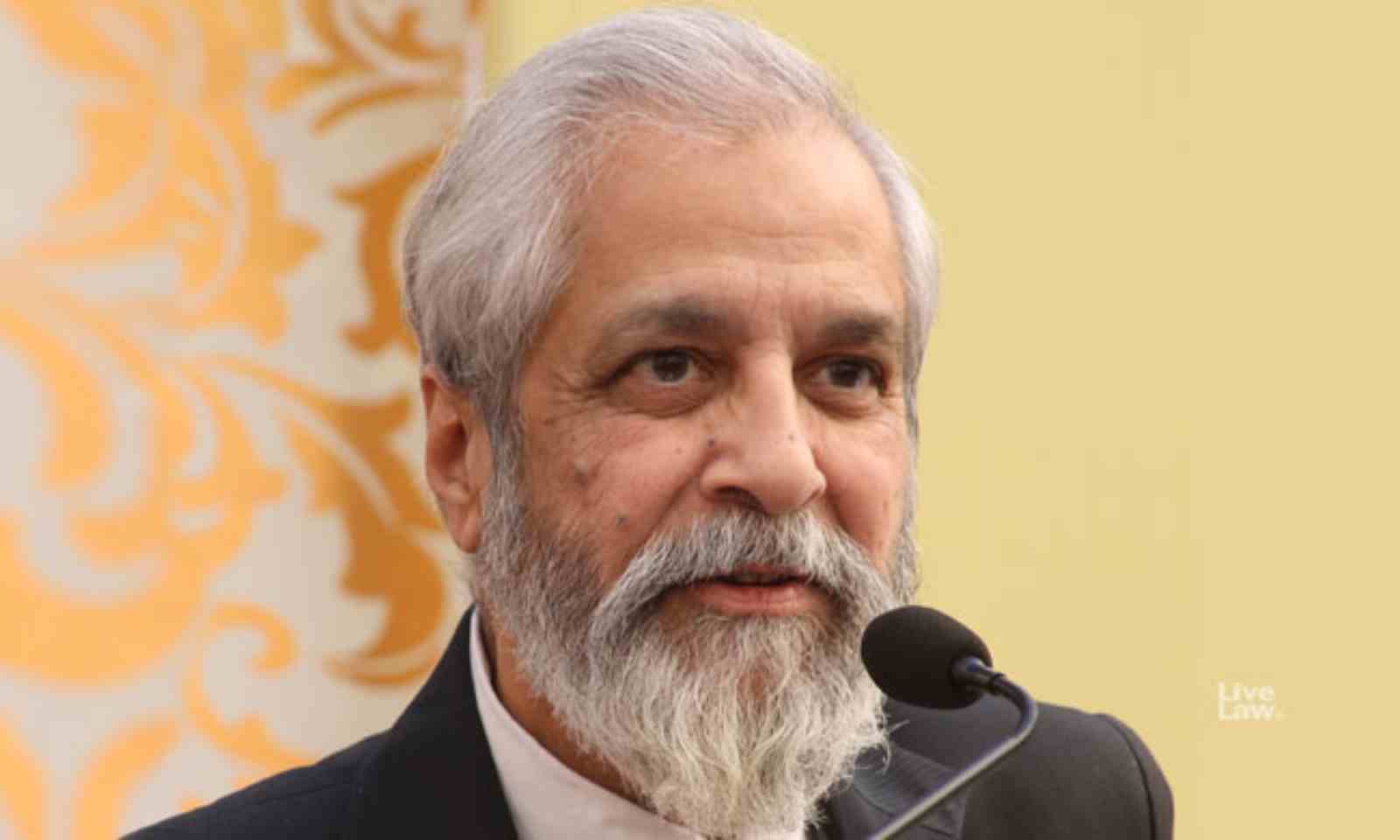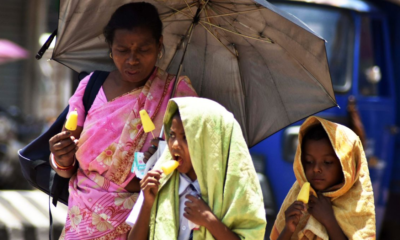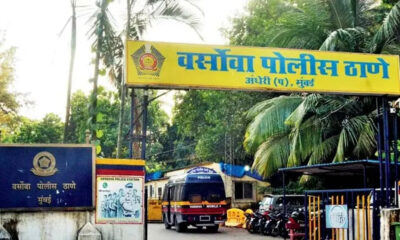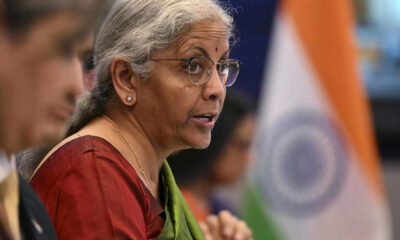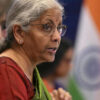Key points:
- A strict order relating to marriage and forcible conversion has recently been passed in Uttar Pradesh.
- What about the law proclaimed in the case of Hadiya by the Supreme Court in 2018?
- A clause to avoid marriage is included in the law if it is solemnized solely to convert the faith of a woman.
- The object of these rules is to prohibit what is widely referred to as ‘love jihad’ that has no clear meaning…
Former Supreme Court judge Madan Lokur said that a recently passed ordinance in Uttar Pradesh outlawing forced conversions through marriage, intimidation, or enticement is unfortunate because it places freedom of choice, dignity, and human rights on the back seat.
As Madan Lokur stated:
Lokur stated on Sunday, delivering a public lecture, that laws punishing interfaith marriages violated jurisprudence established by the Supreme Court to uphold freedom of choice as well as human dignity.
“A strict order relating to marriage and forcible conversion has recently been passed in Uttar Pradesh, giving a back seat to freedom of choice, dignity as well as human rights… We are ready for this as a society,” Lokur said.
What about the law passed in 2018:
What about the law proclaimed in the case of Hadiya by the Supreme Court in 2018? He asked, referring to the decision of the top court acknowledging the right of an adult woman to convert to Islam and marry a man of her choice.
The Religious Conversion Ordinance-2020:
His comments came days after the UP Prohibition of Unlawful Religious Conversion Ordinance-2020 was promulgated by Uttar Pradesh, which prohibited religious conversions through marriage, intimidation, deception, or enticement, as well as prescribed up to 10 years in prison for those found accused.
A clause to avoid marriage is included in the law if it is solemnized solely to convert the faith of a woman. The burden of evidence is on the person who converted, and with those who easily converted.
The former judge Sunil in his Memorial Lecture:
The retired judge, presenting the Sunil Memorial Lecture, remembered that a similar law was enacted by the Uttarakhand legislature in 2018, called the Freedom of Religion Act, where marriages were declared null and void for the sole purpose of religious conversion.
The main objective of this law:
The object of these laws is to prohibit what is widely referred to as ‘love jihad’ that has no clear meaning… The carefully drafted dignity jurisdiction assiduously defined over the years by the Supreme Court is slowly being provided with an undignified cremation of the kind of Hathras and may reach a point of no return if so-called anti-love jihad laws are passed or expanded to other groups.
He stated, reacting to the forced cremation last month by local authorities in Uttar Pradesh’s Hathras district of a Dalit woman, a victim of rape.
